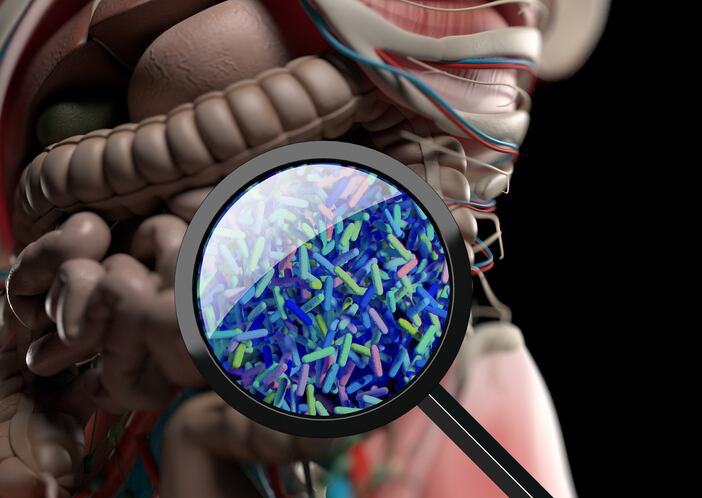The study is an extension of research carried out in the Nagler laboratory at UChicago on infants' faecal microbiotas which transplanting microbes from healthy and food-allergic infants to germ-free mice and found that the healthy infant microbiota was protective against the development of food allergies.
Published in the Journal of Clinical Investigation, the current study performed an integrated microbial and metabolomic analysis of faecal samples from 18 sets of allergic and healthy twins (to be exact, both siblings had food allergy in 5 of the sets).
The use of twins allowed researchers to examine genetically identical individuals who grew up in the same environment, allowing them to analyse the influence of genetic and environmental factors.
The research team looked at which microbes were present in the faecal samples as well as the metabolites derived from the microbes, the host, and dietary sources.
The study identified consistently differently abundant bacteria and metabolic compounds as well as pathways between the two groups. Specifically, it found 64 distinct sets of bacterial species and metabolites that set apart the healthy and allergic twin groups.
Te researchers say most of these differentily abundant bacteria were members of the Clostridia class, which have been shown to protect against food allergies in several earlier reports from the Nagler lab. In addition, healthy twins showed enrichment for the diacylglycerol metabolic pathway and two specific bacteria: Phascolarctobacterium faecium and Ruminococccus bromii.
Cathryn Nagler, PhD, the Bunning Family Professor in the Pritzker School of Molecular Engineering, the Department of Pathology and the College at UChicago, says collaborated on this project with her colleague Kari Nadeau, MD, PhD, the Director of the Sean N. Parker Center for Allergy and Asthma Research, who had been conducting a study on the epigenetics of food allergies and had already collected faecal samples from study participants. Nagler's lab conducted the sequencing on the samples.
"We desperately need biomarkers to understand the immunoregulatory function of intestinal bacteria," said Nagler. "Metabolites give us clues as to what bacteria are doing mechanistically to regulate the immune response.
"To narrow down from thousands of bacteria to specific species as candidates for future therapeutic interventions, one dimension of data is not enough - bringing together data from multiple dimensions is the key," said first author Riyue Bao, PhD, now a Research Associate Professor of Medicine at the University of Pittsburgh. "In our study, we harnessed the benefits of both high-throughput microbiome sequencing and metabolic profiling techniques, and were able to nominate two specific species, each involved in distinct metabolite pathways, that can be prioritized as potential targets for future research and therapeutic interventions in food allergies."
Dr Nadeau adds: "Tons of people will go to Google and they want to know: 'Should I eat yogurt? Should I not eat yogurt? Does my microbiome play a role in my disease?'" she said.
"This research is important as one of key 'bricks' in knowledge of the human microbiome that needs to be laid down to answer these questions. We can't say this is a cause and effect relationship yet, but we can say that there is an association with disease and health. So now we can start to ask, what does this mean?"
While the study only included a small group of participants, researchers are excited by the results and how they can be applied to future projects.
Future research will investigate the specific roles of these bacteria in food allergies; for example, R. bromii is a keystone species in the degradation of resistant starch -- dietary starch that normally escapes digestion. Nagler plans to investigate how dietary supplementation with resistant starch can affect R. bromii's presence in the fecal microbiome, and in turn whether or not it can boost the response to oral immunotherapy, the only currently available treatment for food allergies.
Source: The Journal of Clinical Investigation
Nagler. C. R. et al
"Fecal microbiome and metabolome differ in healthy and food-allergic twins"
doi.org/10.1172/JCI141935




